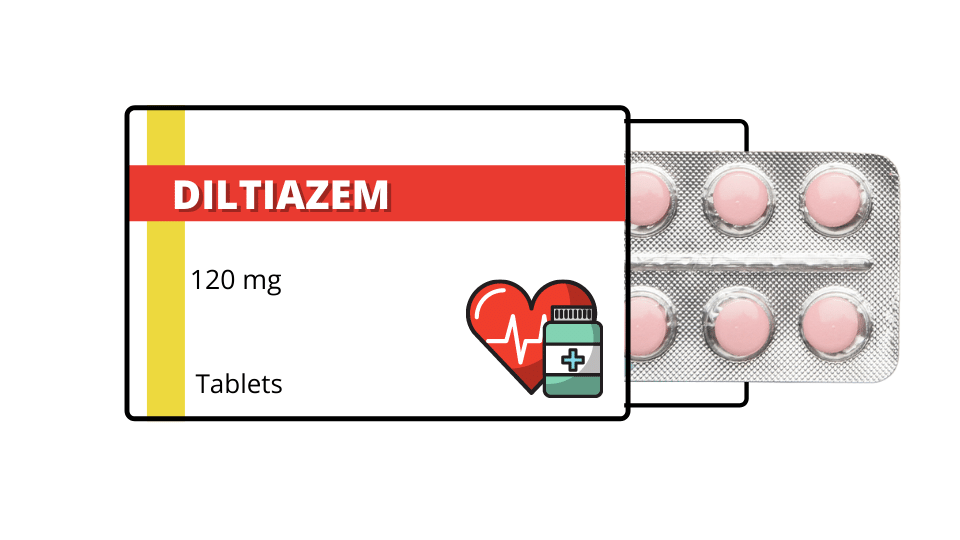Brand (Trade) names: Prilosec, Prilosec OTC
Omeprazole: is a proton pump inhibitor that reduces the amount of acid the stomach produces, hence is used for diseases which are caused (or worsened) by stomach acid. Generally speaking, omeprazole treats 4 different diseases:
Omeprazole is available as 10, 20 or 40mg.
Omeprazole is used to treat:
The most common symptom (clinical manifestation) of peptic ulcers is a burning or gnawing or cramp-like pain located in the center of the abdomen.
Most common symptom: stomach pain.
Less common symptoms include indigestion and heartburn.
These ulcers could be caused by too much production of acid in stomach; hence omeprazole could be an effective treatment.
A variety of risk factors have been shown to have an association with peptic ulcer disease. The two most important ones are infection with the bacteria Helicobacter pylori and use of NSAIDs (e.g., Aspirin).
Omeprazole can also be used to treat:
Omeprazole is available as:
An immediate-release formulation (omeprazole and sodium bicarbonate capsules and powder for oral suspension).
It’s best to take omeprazole before meals (preferably before breakfast).
Don’t crush, break, divide or dissolve tablets which are intended to be taken as whole.
For children and some patients, you can open capsule formulations (but not tablets) and mix the microgranules with juice to be taken immediately.
Avoid alcohol drinking. Alcohol itself doesn’t interfere with how omeprazole works, but it irritates the stomach can result in ulceration and heartburn.
For adults:
For infant and children, it’s often determined by the prescriber.
Adults and elderly who have frequent heartburn, can buy oral omeprazole from a near pharmacy and take 20mg per day for 14 days until the symptoms disappear.
While most individuals who use omeprazole do not have any side effects, the medicine may also cause some unwanted effects. Side effects like diarrhea are usually mild, and usually disappear after a while of using omeprazole.
Common side effects: Headache, Diarrhea
Rare side effects: Nausea, Constipation and Rash
Discuss the above side effects with your doctor if they are severe, you should immediately stop using omeprazole if you notice rashes and discuss it with your physician as soon as possible in case of allergy possibility.
Omeprazole can interact with the following medications and increase the likelihood and severity of side effects, hence it’s best not to take these medications with omeprazole.
Ciclosporin and Tacrolimus which are used as immunosuppressant medications.
Atazanavir: Used for treatment of HIV/AIDS, its effects will be reduced if used with omeprazole.
Warfarin: the effects of this blood-thinning medicine will be increased if used with omeprazole, hence there will be higher chance of bleeding.
Clopidogrel: Is also used as a blood-thinning medicine since it has anti-platelet effect, omeprazole causes reduction in its effects.
Ketoconazole and itraconazole: Omeprazole decrease the blood levels of these antifungal drugs.
Phenytoin: Anti-epilepsy effects may be increased if used with omeprazole.
1. Kizior, R.J. and Hodgson, B.B. (2018). Saunders nursing drug handbook 2019. Philadelphia: Saunders.
2. British Medical Association (2015). British Medical Association new guide to medicine & drugs. London: Dorling Kindersley.
3. Baker, E., Burrage, D., Hitchings, A. and Dagan Lonsdale (2019). The top 100 drugs : clinical pharmacology and practical prescribing. 2nd ed. Amsterdam: Elsevier
4. Carol Mattson Porth et al., Essentials of Pathophysiology Concepts of Altered Health States, Third edition, Philadelphia, Pennsylvania, United States, Wolters Kluwer Health, [2011]
5. Bertam G. Katzung et al., Katzung and Trevor's pharmacology, 12th edition, United States of AmericaMcGraw Hill Education, [2019]
6. Joint formulary committee, BNF 80 (The British National Formulary), 80th Revised edition, Pharmaceutical Press, London, United Kingdom, [2020]
7. Barbra Wells, Joseph Dipiro, Terry Schwinghammer, Cecily Dipiro/ Pharmacotherapy Handbook/ 7th edition /McGraw-Hill Education- Europe/ New York, United States/ 2011
8. Cate Whittlesea/ Clinical Pharmacy and Therapeutics/ 6th Revised edition/ Elsevier Health Sciences/ London, United Kingdom/ [2018]
9. Caroline S Zeind/ Application Theraputics/ Eleventh edition/ Lippincott Williams and Wilkins
Diltiazem is a prescription medicine that’s used to treat high blood pressure, angina (chest pain) and several other conditions.

Cold hand and feet, diarrhea, constipation, fatigue, dizziness, headache and bradycardia

The urethra is a muscular canal that extends from the neck of the bladder to the exterior of body. Read more about the anatomy of urethra in this article.

Dosage guide of Lisinopril: Click to read about the dose for your specific condition and age group.

Learn about medical uses, safety profile, mechanisms and interactions of statins.

Comprehensive guide on Ozempic (semaglutide), including its uses, dosage, side effects, warnings, and interactions.
.png)